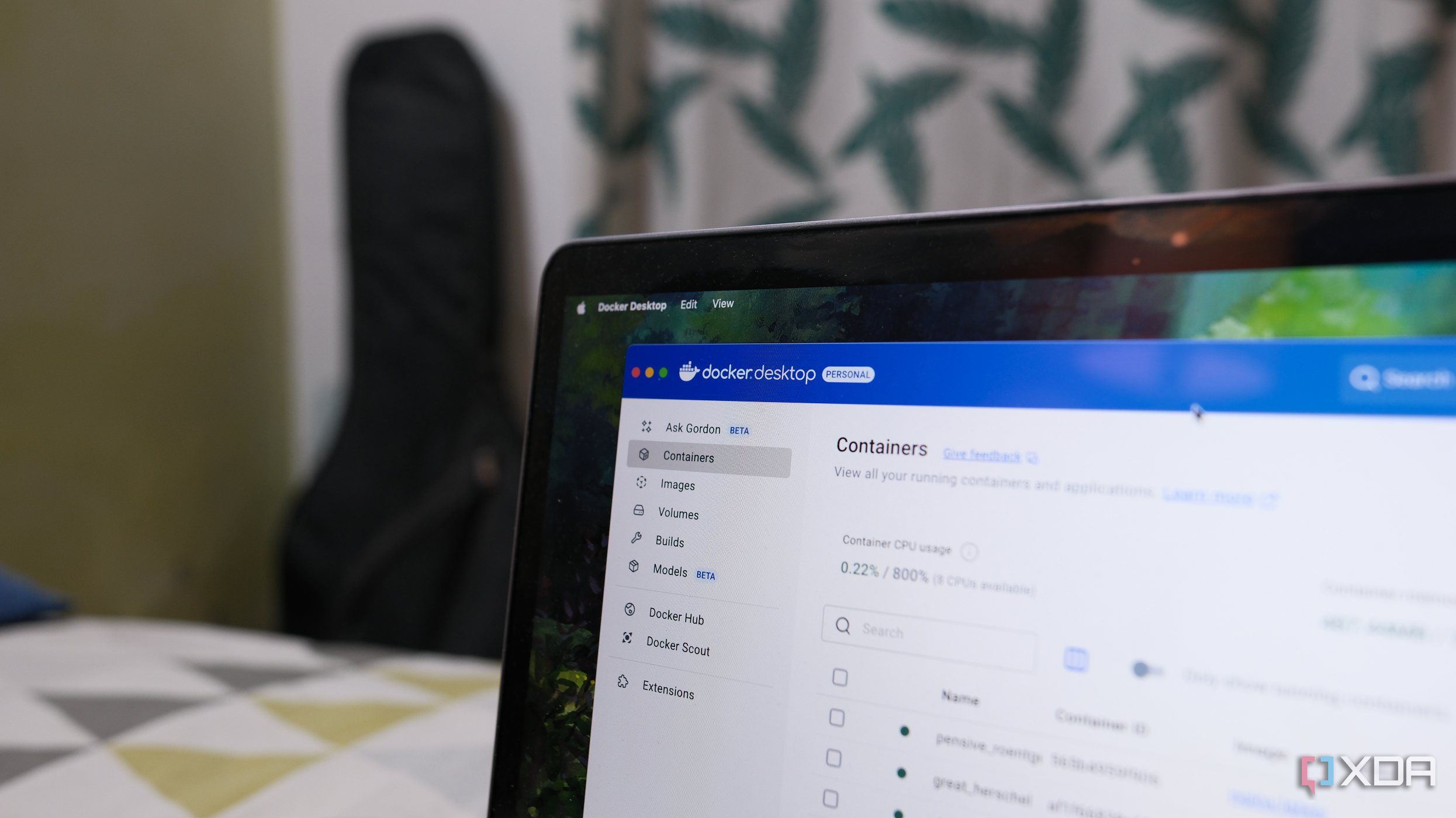URGENT UPDATE: Docker users are facing critical risks as many neglect essential backups for their containers. Following a recent incident where a NAS SSD crash disrupted smart home systems, experts are stressing the importance of implementing reliable backup solutions like Repliqate immediately.
Just a few days ago, a significant data loss event prompted a wake-up call for the self-hosting community. The failure of an SSD volume left users vulnerable, highlighting that assuming data safety is a dangerous gamble. If you’re running Docker containers, now is the time to act and secure your backups.
Repliqate offers a simple, Docker Compose-based approach that automates the backup process. It’s designed for users who want a straightforward solution that requires minimal ongoing management, making it ideal for busy individuals. By leveraging Docker labels, Repliqate efficiently identifies which containers to back up, ensuring your data remains protected without constant oversight.
To get started with Repliqate, users need to create a dedicated backup folder on a separate volume. This is crucial because, in the event of a drive crash, having backups on a different storage unit can save your data. For those utilizing Synology NAS systems, the directory structure may resemble /volume2/@docker/volumes:/var/lib/docker/volumes.
Next, users must map this volume to their backup folder. This setup enables Repliqate to recognize running containers and execute backups seamlessly. The configuration process is user-friendly, allowing users to assign labels that dictate backup schedules and retention policies—all without complicated programming.
For instance, users can set a retention schedule of 10 days for services like bookmarking and three weeks for Home Assistant. Once labels are established, Repliqate automatically manages the backup lifecycle, deleting the oldest copies as needed, which means users can “set and forget” their backup strategy.
The label-based configuration not only simplifies the backup process but also enhances reliability. Users can easily schedule backups using intuitive commands, avoiding the pitfalls of forgotten or infrequent backups. With Repliqate utilizing Restic in the background, restoring data becomes just as effortless. A simple command can list available snapshots, allowing users to quickly retrieve their data and restore containers to their previous states.
This new solution is a game-changer for Docker enthusiasts. As the community grapples with the implications of recent data losses, adopting Repliqate ensures that users are prepared for unexpected crashes and data threats.
Experts emphasize that there’s no time to waste—implementing a robust backup strategy is essential for anyone using Docker containers today. Don’t wait until it’s too late; safeguard your data now with Repliqate, the automated backup solution that promises peace of mind.
As data management becomes increasingly complex, solutions like Repliqate are vital for protecting personal and professional projects. Users are encouraged to share their experiences and the importance of secure backups within the community. The time to act is NOW—ensure your Docker containers are backed up and safe from potential disasters.




































































